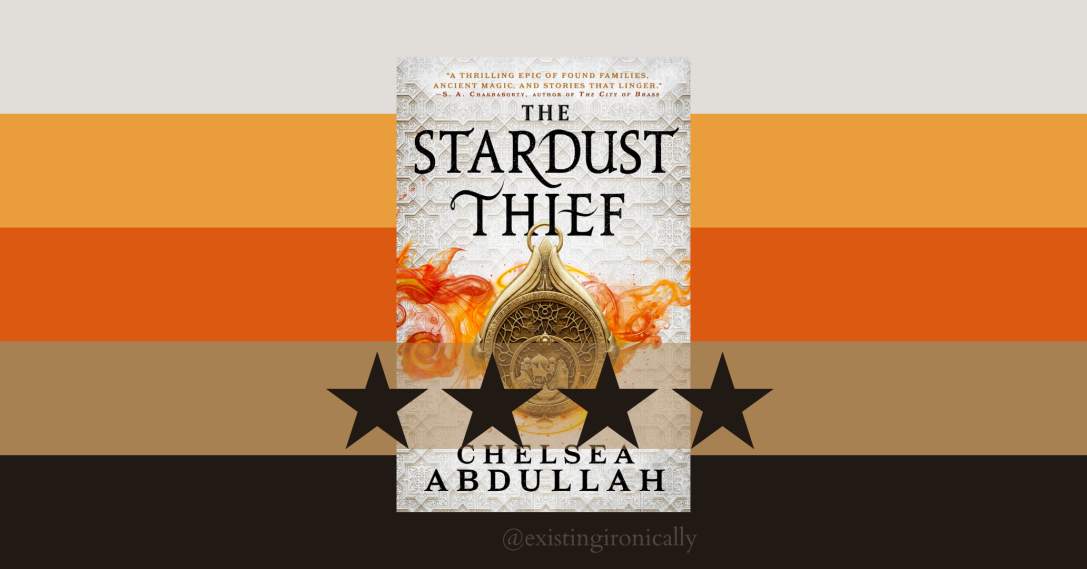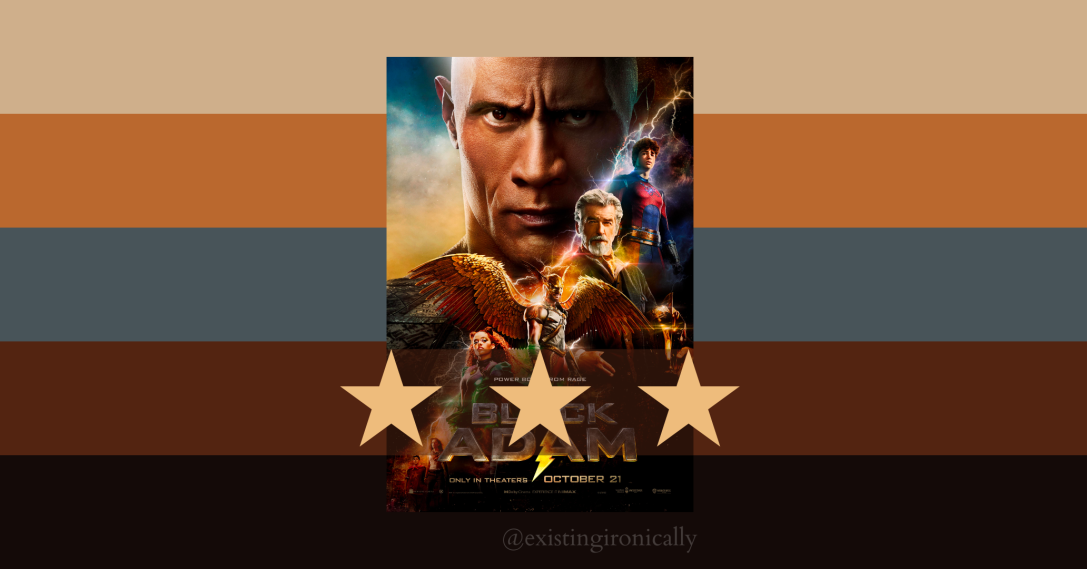When I was in college, I took an anthropology class. Its first midterm asked, “Is race real? Is it important?” Maybe it was phrased a little differently, but that was the gist of it. Though I knew the answer, I pulled at my hair at the idea of condensing it onto the four lines provided. Because race is complicated.
Race is not “real”. It’s a social construct. It’s more modern than the average person probably thinks, coming about in the 1500s and subsequently becoming very closely tied to the Atlantic slave trade. It groups people together by phenotypical traits, things that are observable like skin color or facial features. It’s a classification based on others’ perception of you, how others find a place for you in the world, rather than any sort of personal self-identification reflective of cultural upbringing. Race isn’t real but it is important insofar as it allows us to understand racism.
Racism is a system of oppression built on race. It’s a list of stereotypes and beliefs of inferiority based on the way that someone looks. Over time, this definition has expanded somewhat to include more specific ethnic and cultural signifiers, but it was invented around the idea of observable traits. Much of the specifics about racism can become complicated and contradictory and cluttered, but I will not dedicate much time to the nuances. What is important to know is that most people’s understanding of race is not based on any cultural understanding of how people in that race act, it is, rather, an understanding of how an outside force views a group of people.
Asian-American is only a useful phrase insofar as it explains the shared experience and treatment of those who have been grouped together as Asians in America. It’s more of a description of shared oppression than anything else. Any discussion of culture is divided by country, a discussion of ethnic background. There are cultural similarities between China, Japan, Korea, etc, of course, but though they all eat noodles, the dishes themselves are unique to each culture. The languages are different. They practice religion differently.
This is all important because many people in America have been conditioned to think of both cultural and physical otherness through the lens of race first. And race is understood through the symbiotic relationship with racism. So, what happens when you try to yank racism out of the equation but view society through a racial lens?
It gets kind of weird.
I am all for not depicting racism in fantasy when you’re not planning to make any sort of commentary on it. That’s great. But. You still, then have to put thought into how you depict people of color. Your first instinct to that news is “of course I’m careful not to have my BIPOC characters fall into harmful stereotypes”. And to that, I say that you’re still thinking of these characters through a racial lens, in which the way they’re depicted has more to do with others perceive them than how their culture has shaped their identity.
The default fantasy setting is European inspired. The cultural norms that writers don’t think twice about putting into their books are based on European, or modern western, sensibilities. It is not a blank slate. It is defined by a real world culture. And so, when you take a character of color and cram them into the world without any discussion of cultural differences, you’re having them conform to a culture that isn’t theirs. Their only claim to diverse representation is the color of their skin and their physical features. Which, you can argue that in your world, people who look different all have the same cultural background and your world doesn’t abide by the same regional distinctions that inform physical differences that this world does, but you are being lazy. Also, you’re full of shit.
Because there is a real-world counterpart to the idea of a racist-free utopia in which white people and people of color all share the same cultural sensibilities and coexist, and it’s the casual racist’s hope for a post-racial America. The really hardcore racists, the fascists, want to send all the people of color back to their countries or force them from white spaces. But the casual racists, they don’t mind people of color– as long as they act like white people. As long as they share Christian sensibilities and conform to what’s “normal”. Those are the good people of color, and if we ever want to be free of racism, people of color should all strive to be good and stop highlighting differences and shaking the table.
So, I guess this is a plea for authors, especially white authors, to think about how they depict people of color in their books. Think about their ethnic or cultural background. Think of the way that ethnicity operates in your world, the different regions and people who operate it and how they interact. If you want to do the post-racial American utopia because you’re lazy, whatever, but at least acknowledge that’s what you’re doing. Allow room for nuance. Your choice comes with consequences. This is a common critique of contemporary books, white authors writing characters of color without any understanding of how they differ from white people, but it’s still a criticism worth exploring in Fantasy. Because if the author does not take the time to world build every detail, people will fill in the blanks with their understanding of our world, so writers must be conscientious of what doors they’re leaving open.
It is possible to not have racism in your books and still depict characters of color, but it is important to still acknowledge the differences between them. People of color have different cultural backgrounds than white people and that’s fine to depict. In fact, it’s good. Difference should be celebrated and explored. Do not depict to claim ownership of cultural elements, but introduce and acknowledge. In fact, without racism, the cultural interaction could take a very different shape. They could meld and share more than they do now, and that’s an interesting way to world-build. Creating different cultures and reflecting on how they interact and grow together is a better sandbox to play in than a blanket culture that probably is western inspired. It’s just important to consider how they society got there.
I can imagine that there are a few white authors feeling very frustrated right now. A “damned if I do want to include diversity, damned if I don’t” kind of attitude. Which, I gotta say. If being told to think about depicting characters of color further than skin deep makes you feel overwhelmed or upset, then I think you should… rethink your worldview. Rethink how you interact with your marginalized friends. Writers are meant to be curious, and if you don’t think different cultures are worth learning about and depicting, then you’re not very curious, and also probably not a very good writer.
I received an arc of Lightlark by Alex Aster and read it before the average person did. It was marketed as a diverse Hunger Games, which didn’t turn out to be true. Of the main cast of six rulers, only one seemed to be a person of color, a Black man named Azul. After the book was published, I was shocked to learn that, apparently, according to the author, our main character was also supposed to be “Latinx/indigenous”. Which, like, What does that even mean?
The only descriptions of the main character’s physical appearance are green eyes, thick lashes, and skin that is “naturally tan”. Not only could this describe a white person, but these features can be found in West Asia and other regions as well. There is no Latin America in the Lightlark universe. And when she says indigenous, indigenous to where. The regional groups of Lightlark are divided by magical ability rather than skin color. Azul is the ruler of the Skylings, but there are pale Skylings. So, geographical indicators shouldn’t be indicative of physical feature, but indigenous implies that they are. Or rather, the author wants us to impose a modern understanding of race onto her fantasy world, which just does not work.
Lightlark exemplifies the issue of relying on representation that is only skin deep, even in Fantasy. If there was some sort of cultural distinction implying her background, something that resonated to Latinx/indigenous readers, then this confusion could have been avoided. The representation the author claimed would have been obvious to see, and easy to empathize with. This is the difference between thoughtless and thoughtful representation.
Also, there is the issue of fantasy depictions like Robert Jordan’s Aiel in Wheel of Time. They’re desert gingers. Tall, pale skinned, red haired, and home to a cruel and unforgiving desert. The desert had not always been a desert, which explains how gingers got there, but the optics are still weird. The way that the Aiel must veil themselves to protect from the sun, the steps they take to survive in the desert is reminiscent of how many desert-faring real world cultures did so, such as Arabs. This is just how humans survive in the desert, but these practices and beliefs around the desert have been folded into the cultural dress and belief in the real world, belonging to peoples who, for the most part, don’t really much resemble the Aiel. The ethnic groups of the desert are very diverse, but it was clear he was emulating whiteness specifically. The desert has shaped the people who have lived there for generations, shaped their culture. Learning from their practices and depicting their land yet refusing to represent them is strange, and although it is a made up world, it resembles erasure.
I am not going to pretend to offer some sort of catch all solution to this issue. Race is complicated. For example, Black Americans have been forced to adopt a shared culture through a racial lens because their ethnic histories were lost in the slave trade. It isn’t my place to dictate how Black people should be represented, only to encourage authors to consider this history when they depict this racial group.
The point of this article is to bring light to an issue, to challenge how you have been thinking about representation in SFF novels. It’s also worth noting that I’m writing from a western, American perspective. It’s meant to start a discussion, rather than end one. I’m tired of reading Fantasy books in which brown faces are just that- brown faces. Because truly, I believe that if we begin to consider the cultures from which we borrow the features we want to represent, it can only lead to a richer novel. Many authors already grab cultural inspiration from around the globe, but now it’s a matter of depicting and crediting them in a careful and thoughtful way alongside thoughtful characters. And as always, do not tell stories that are not yours to tell.
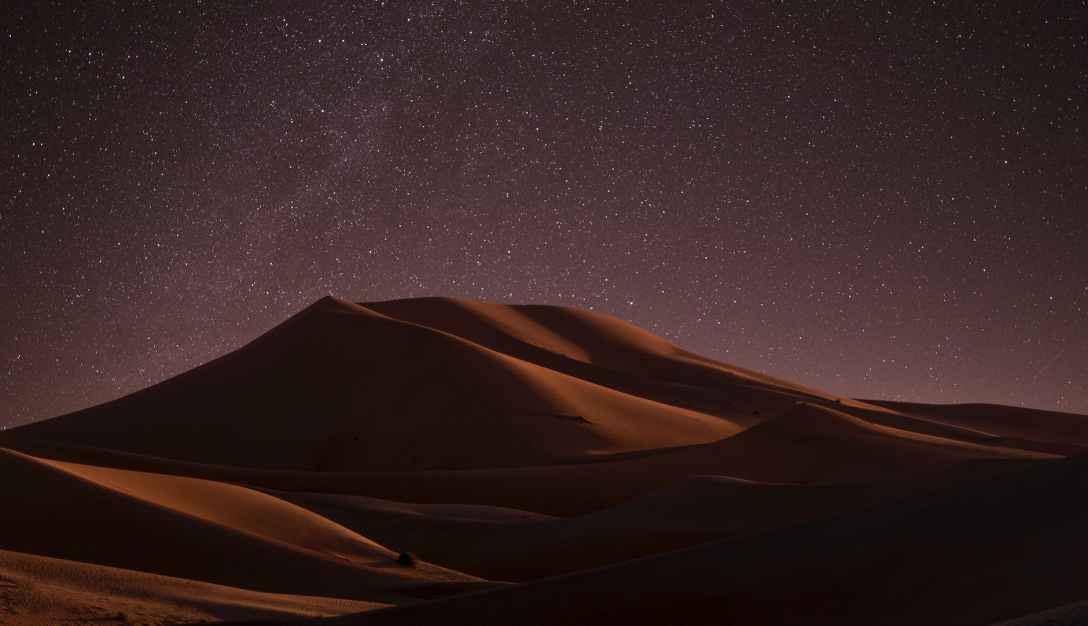
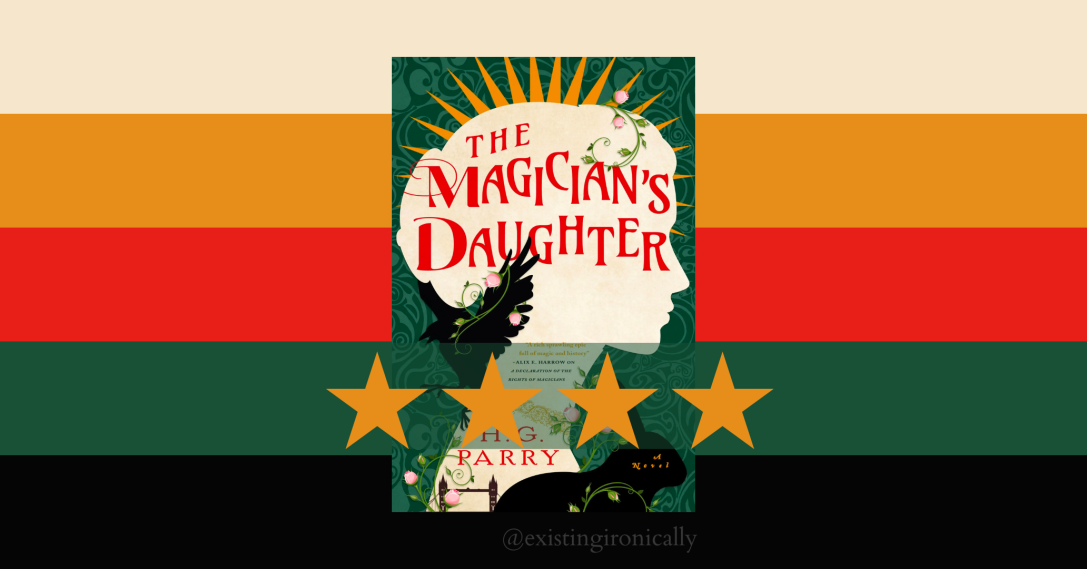


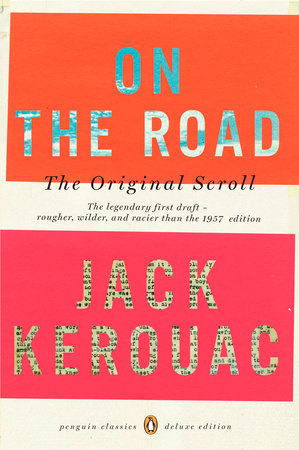
:focal(1096x852:1097x853)/https://tf-cmsv2-smithsonianmag-media.s3.amazonaws.com/filer/c0/b4/c0b41ae2-b449-4157-a874-34f78c0279ee/poe-portrait.jpg)

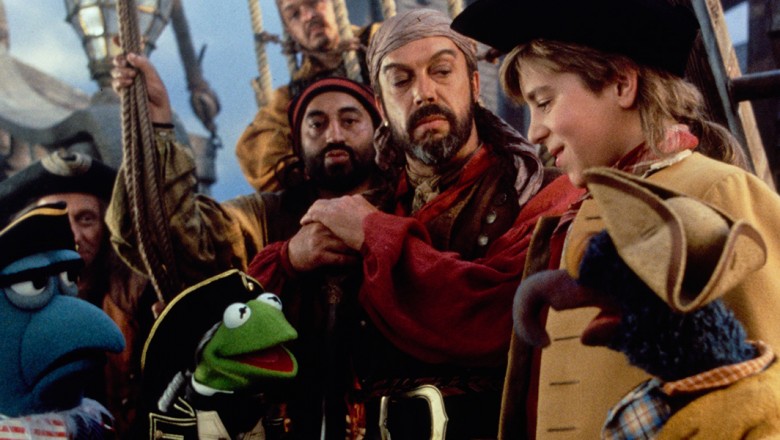

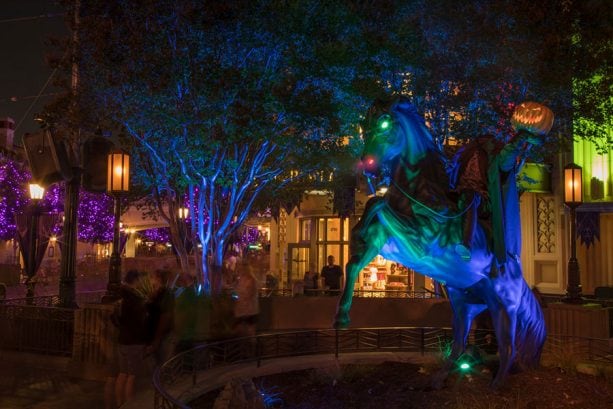



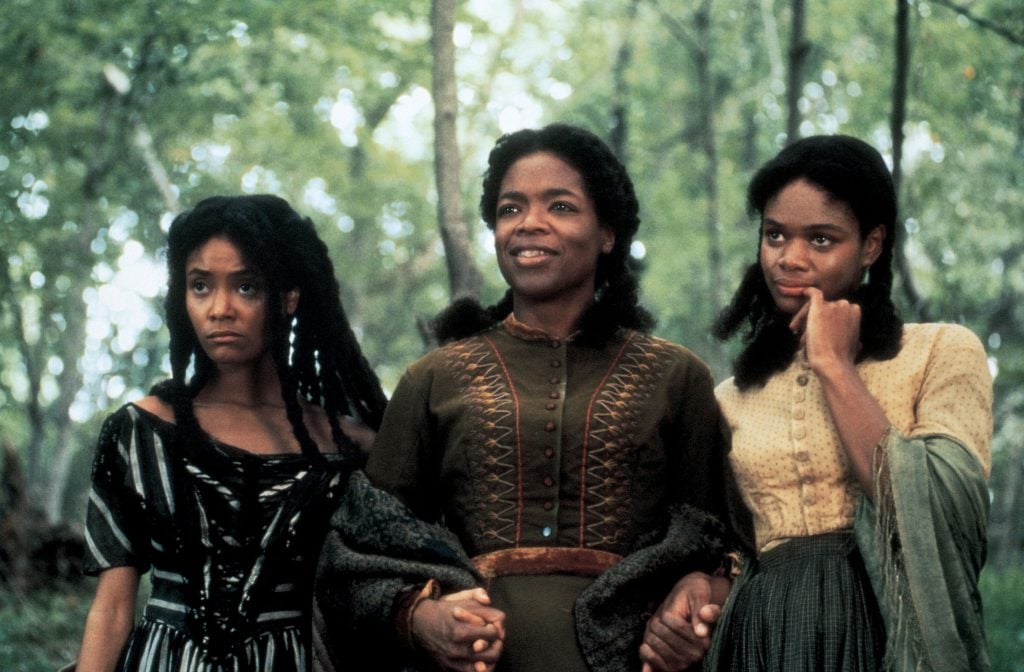

%20Rina%20Sawayama%20-%20Frankenstein%20%231.png)



